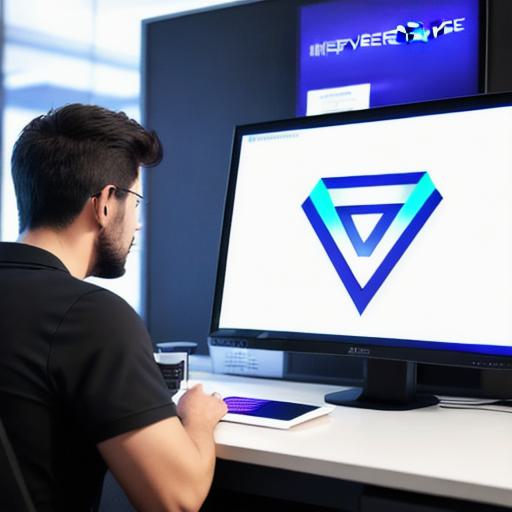Subhead 1: Privacy Concerns in the Metaverse
The metaverse, a collective virtual shared space, has been hailed as the future of the internet. However, it comes with its fair share of challenges. One major concern is privacy. In the metaverse, users may be required to create avatars and disclose personal information for various activities. This data can be collected and used by third parties, raising questions about who has access to this information and how it is being utilized (1). For instance, in a virtual real estate marketplace, transactions may involve the sharing of sensitive financial data. Moreover, facial recognition technology in use could potentially infringe upon user privacy.
Subhead 2: Addiction and Mental Health Issues

The immersive nature of the metaverse can make it an addictive environment for users. Spending extensive periods in virtual spaces may lead to neglecting real-life responsibilities, relationships, and health (2). Furthermore, virtual interactions might impact mental health negatively by creating a false sense of connection or exacerbating feelings of isolation. A study published in the Journal of Clinical Psychology highlighted the potential for increased depression and anxiety among users engaging excessively with virtual environments (3).
Subhead 3: Cybersecurity Threats
The metaverse is not without cybersecurity risks. Phishing attacks, malware, and identity theft are real threats that need to be addressed in this new digital frontier. For instance, a user’s avatar or digital assets could be hacked, leading to financial loss (4). Additionally, users might unwittingly share their passwords with third parties or fall prey to phishing scams within the metaverse.
Subhead 4: Digital Divide and Economic Inequality
The metaverse has the potential to further widen the digital divide between those who can afford advanced technology and high-speed internet connections and those who cannot (5). Moreover, economic inequality might surface as users monetize their virtual assets or invest in virtual real estate. This disparity could lead to social unrest and exacerbate existing tensions within communities.
Subhead 5: Socio-cultural Concerns
Lastly, there are socio-cultural concerns surrounding the metaverse. For instance, it could potentially reinforce stereotypes or create new forms of discrimination based on avatar appearance or behavior (6). Furthermore, it might perpetuate existing power structures, with wealthy users dominating virtual spaces and influencing societal norms.
Conclusion:
The metaverse holds immense potential for innovation, creativity, and social connection. However, as we dive deeper into this digital world, it is essential to acknowledge and address the potential drawbacks and negative aspects. By doing so, we can work towards creating a more inclusive, secure, and equitable virtual environment that benefits everyone.
References:
(1) Electronic Frontier Foundation. (2022). Privacy in the Metaverse.
Retrieved from https://www.eff.org/issues/metaverse
(2) American Psychological Association. (2022). Technology Addiction: Current State and Future Directions.
Retrieved from https://www.apa.org/topics/technology-addiction
(3) Griffiths, M.D., Wood, R.T.A., & Slater, G. (2017). The psychology of virtual addiction: A systematic review. Addiction Research & Theory, 25(3), 249-268.

(4) Cybersecurity and Infrastructure Security Agency. (2022). Metaverse and Virtual Reality Security Best Practices. Retrieved from https://www.cisa.gov/publication/metaverse-virtual-reality-security-best-practices
(5) World Wide Web Foundation. (2022). Digital Inequality in the Metaverse: Challenges and Opportunities. Retrieved from https://webfoundation.org/data/digital-inequality/metaverse
(6) National Center for Women & Information Technology. (2022). Socio-cultural Issues in the Metaverse. Retrieved from https://www.ncwit.
